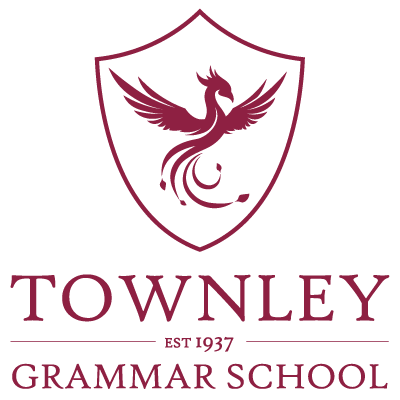Film Studies
Film Studies Department understand how important it is for young people to be able to understand, engage with, and challenge the world around them.
Our Vision:
“The single story creates stereotypes, and the problem with stereotypes is not that they are untrue, but that they are incomplete. They make one story become the only story.”
Chimamanda Ngozi Adichie
Our vision is to provide an inclusive curriculum that is rich in diversity, where every student can recognise themselves in the literature we teach. We read a wide variety of stories and recommend even more. We empower with knowledge. We develop critical voice and hone written style. But most importantly of all we provide a space where students feel confident enough to discuss their ideas and safe enough to share them.
Key Stage 5 Film Studies
(WJEC - Eduqas)
In Film Studies, students are expected to critically analyse film form, engage in cultural debates and apply theoretical thinking to a set of challenging texts. It is a particularly engaging and academically rigorous course and students who study it characteristically bring a high level of enthusiasm for this innovative and culturally significant art from. During the course students will encounter a rich variety of film in all forms including mainstream, short, documentary and experimental alongside mainstream American, contemporary British, American independent and global films. A study of film will also allow students to consider ideological viewpoints offered through the moving image and consider key historical events on a global scale which, in turn, influence representations and thematic concerns.
How will the course be structured?
Paper 1: Varieties of film and filmmaking
- Section A: Hollywood 1930-1990 Casablanca (Curtiz, 1942) and Bonnie and Clyde (Penn, 1967)
- Section B: American film since 2005 La La Land (Chazelle, 2016) and Frances Ha! (Baumbach, 2012)
- Section C: British film since 1995 Trainspotting (Boyle, 1996) and This is England (Meadows, 2006)
Paper 2: Global filmmaking perspectives
- Section A: Global film Pan's Labyrinth (Del Toro, Spain, 2006) and City of God (Mereilles, Brazil, 2002)
- Section B: Documentary film Amy (Kapadia, UK, 2015)
- Section C: Film movements
One of the following:
Keaton shorts - One Week (1920), The Scarecrow (1920), The 'High Sign' (1921) and Cops (1922)
Man With a Movie Camera (Vertov, USSR, 1929) and A Propos de Nice (Vigo, 1930)
Strike (Eisenstein, USSR, 1924)
Sunrise (Murnau, US, 1927)
Spies (Lang, Germany, 1928) - Section D: Film Movements Pulp Fiction (Tarantino, US, 1994)
Coursework: Production and Evaluation
Production (40 marks)
- Option 1: Film and edit a short film (4-5 minutes)
- Option 2: Write a screenplay for a short film (1600-1800 words)
Evaluation (20 marks)
Written evaluation of product (1600-1800 words)



